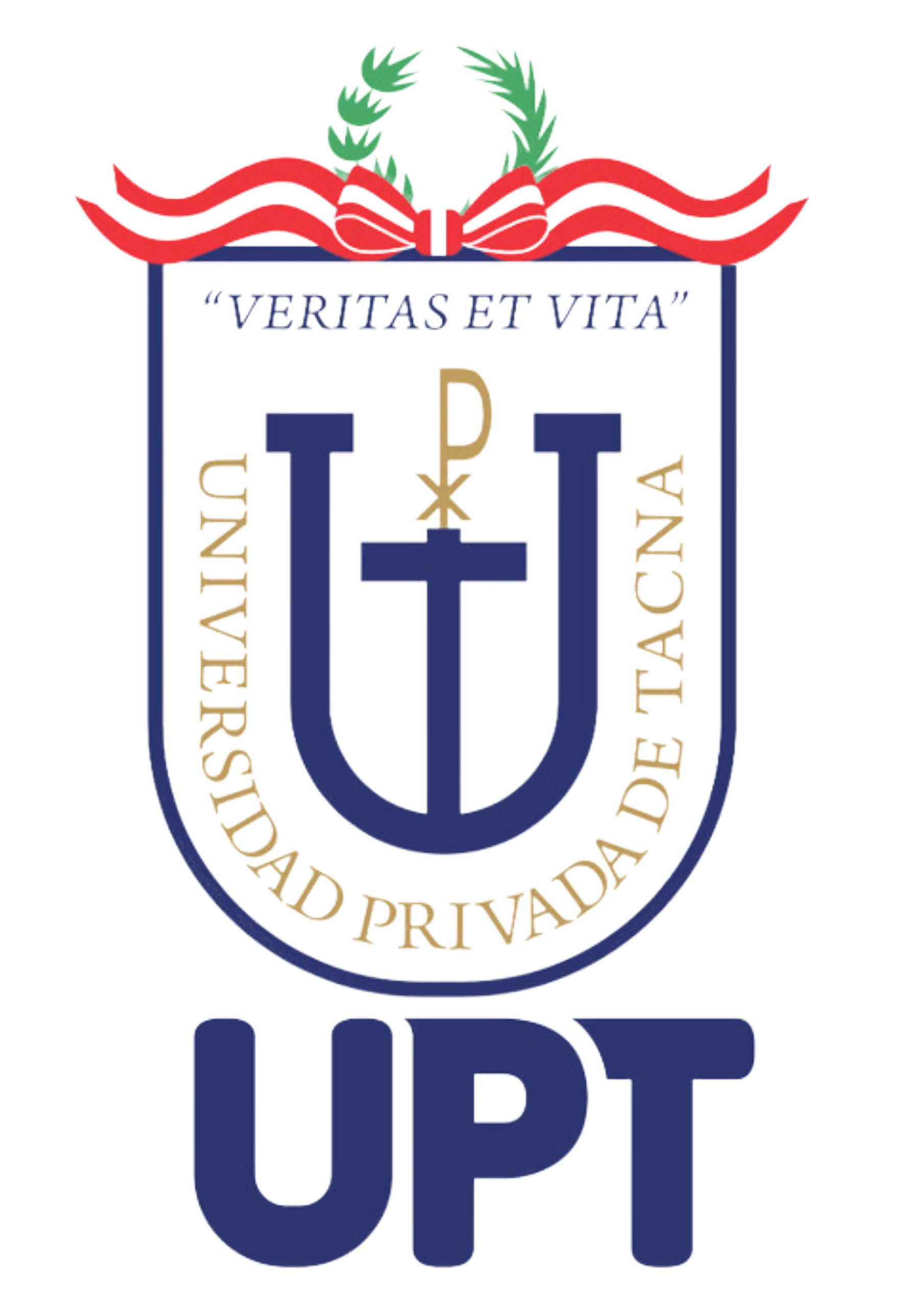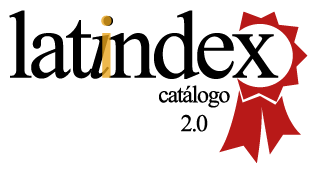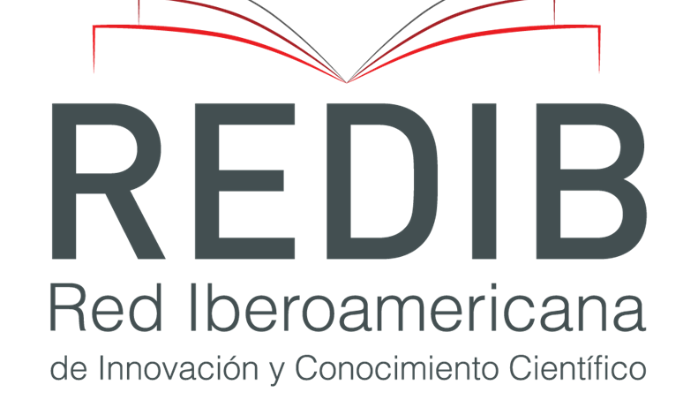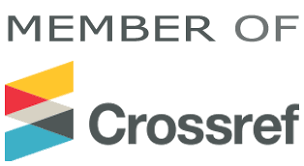University education in the era of generative artificial intelligence: Is academic integrity at risk?
DOI:
https://doi.org/10.47796/ing.v6i00.967Keywords:
ethics, integrity, generative artificial intelligence, educational technologyAbstract
University education faces a future influenced by generative artificial intelligence (AI), especially with tools like ChatGPT. The objective of this study was to map the literature to identify benefits, challenges, and ethical solutions. A bibliometric analysis and narrative review approach were used for documents from Web of Science (WOS) and Scopus in July 2024. A total of 792 WOS and 144 Scopus documents were analyzed using the search equations "Generative artificial intelligence" OR ChatGPT AND "Academic integrity." The data were processed using Bibliometrix and VOSViewer software. The bibliometrics show exponential growth in research since 2023, with a strong presence in areas such as education and computer science. The United States and the United Kingdom have led production and international collaborations with Stanford University and the University of California, San Diego, demonstrating outstanding production. IEEE Access and Education and Information Technologies journals have the largest number of co-citation networks. The narrative identified benefits such as improved student work quality and teaching efficiency but also concerns about academic integrity and excessive dependence. Proposals include institutional policies, educational programs, and AI detection tools to mitigate risks and promote ethical use. Finally, integrating and ethically using these technologies may be more beneficial than banning them because they will prevail in the future.
Downloads
Downloads
Published
How to Cite
Issue
Section
License
Copyright (c) 2024 Danny Daniel Carhuaz Valdez, Elvis Joel Arcata-Maquera

This work is licensed under a Creative Commons Attribution 4.0 International License.








